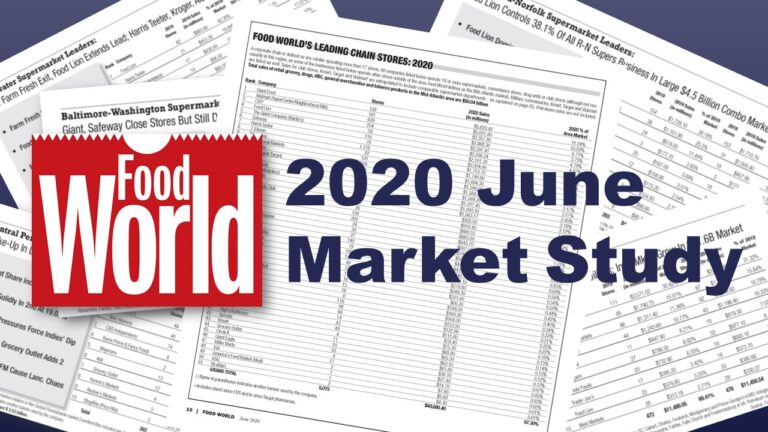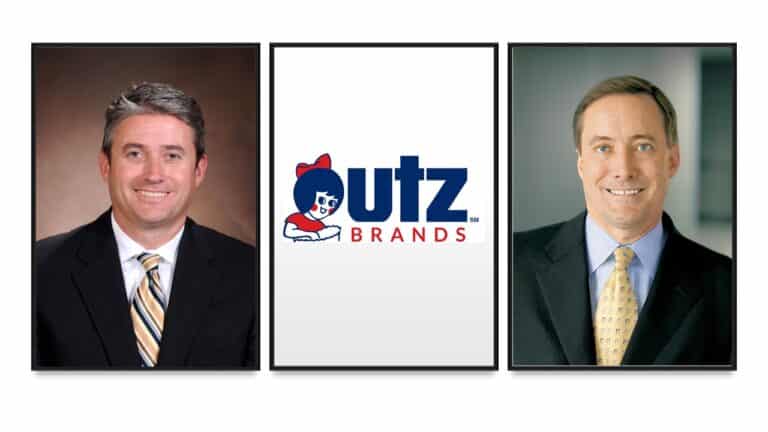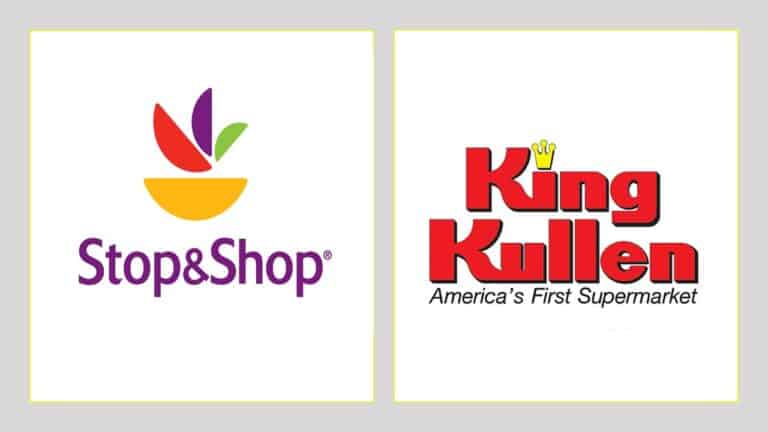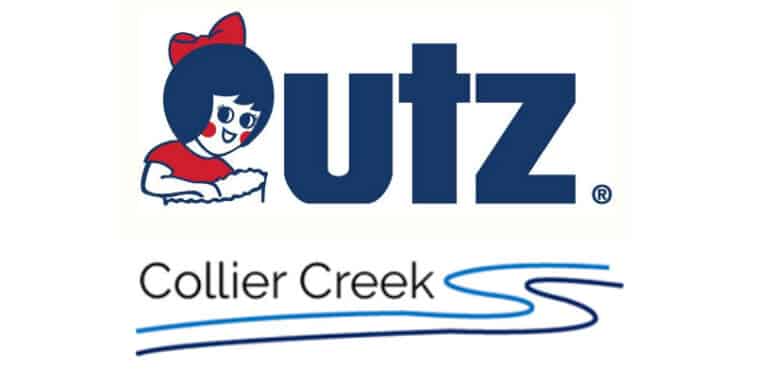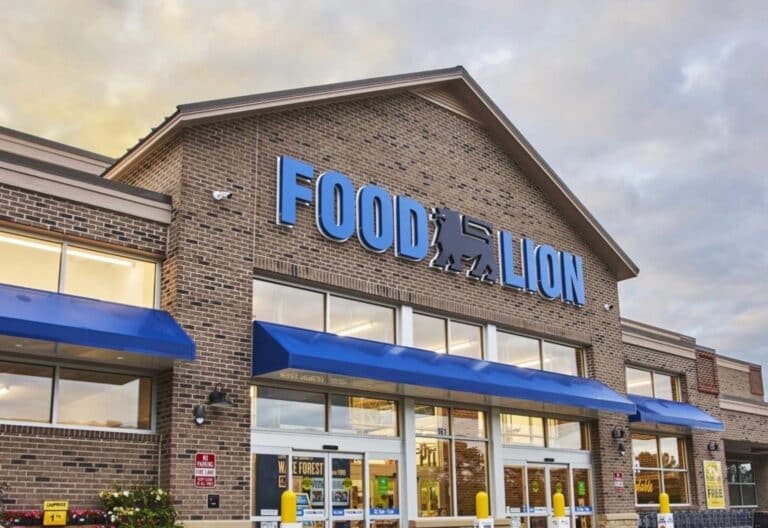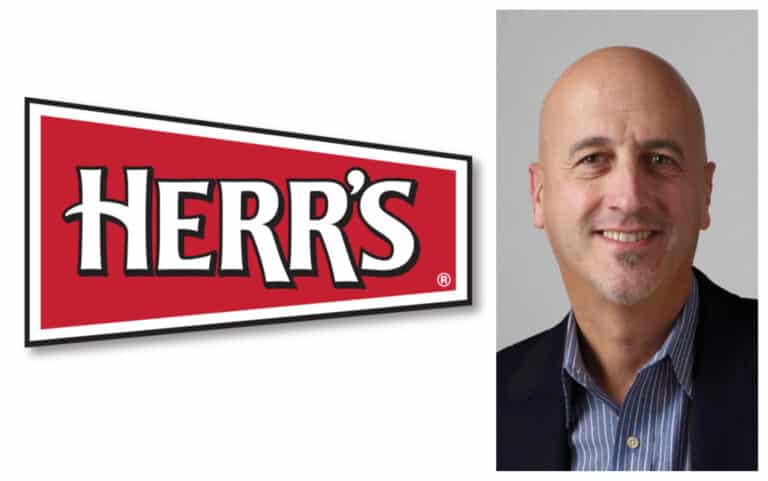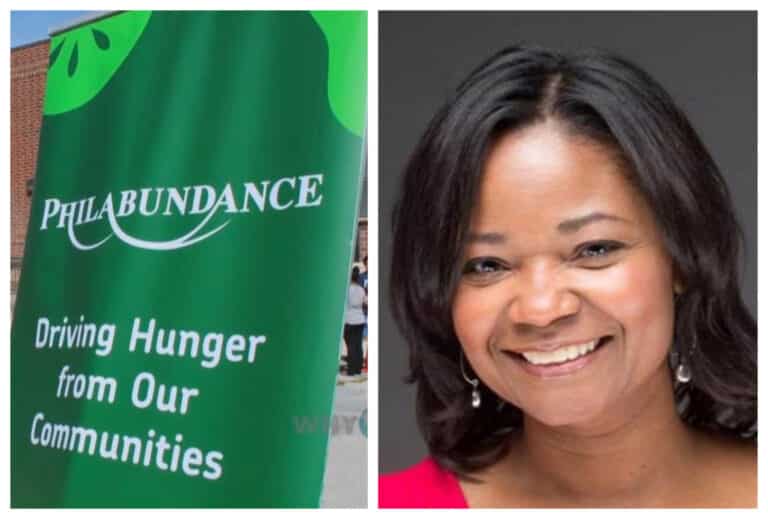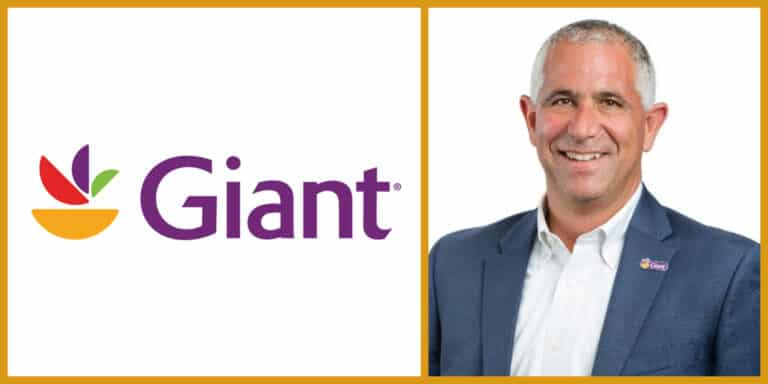As one retail executive said, “We’ve never seen sales like this over the past 50 years, but somehow it doesn’t remotely feel like a time to celebrate.”
So devastating have been the effects of the COVID-19 pandemic, in which more than 2 million people have tested positive in the U.S. resulting in more than 118,000 deaths, that despite record sales during the month of March, most retailers took little joy in their revenue and earnings gains.
What they did do was hunker down and perform at a very high level during the most challenging time of our lives. Keeping stores open and clean, and working hard to maintain adequate supply chains were dauting tasks that retailers and manufacturers sacrificed to preserve. Simply said, this was customer service at its finest.
And in the 42 years that Food World has published its annual retail market study, never has there been a more unusual scenario for retailers. For 11 of the 12 months of our measuring period (April 1, 2019-March 31, 2020) retailers were having a marginally good year when viewed over a five-year period.
Same store sales during the April-February period typically ranged from positive 0.5 percent to 1.5 percent, with partial help coming from slight inflation. Events changed dramatically beginning in early March as the coronavirus started to rapidly spread and most states began issuing “stay at home” mandates. Essential business such as food stores remained open and panic buying quickly ensued. Many retailers said that for a two-week period in mid-March, their sales had more than doubled.
So, what did that do to our numbers? Quite a bit. With schools and restaurants closed, grocery merchants in all channels benefited greatly, both in physical stores and online. We polled more than 30 retailers in the Mid-Atlantic and Northeast regions, and we believe on average that retailer same store revenue jumped about 40 percent during March. With that gain counted as one-twelfth of their annual sales, we believe that most retailers’ annual revenue gain was between 4 and 5 percent (our survey breaks out each retailer’s volume individually).
After our market study measuring period ended, most retailers continued to enjoy solid same store sales increases, but not nearly at the level of March’s.
Here’s the breakout of the top 10 retailers in the Mid-Atlantic market.
It was a strong year for perennial market leader (since 1978) Giant Food, even before the pandemic-related sales increases. Sales rose from $5.17 billion to $5.62 billion for its 158 stores in the market, two more than last year. It was the biggest jump the Landover, MD “brand” of Ahold Delhaize USA (ADUSA) has made in more than 20 years. Internally, Giant named veteran Ira Kress interim president after promoting Gordon Reid to head ADUSA’s larger but struggling Stop & Shop unit last July. Last month, Kress was named president of the company. Giant also settled a new four-year labor contract with UFCW Locals 400 and 27 earlier this year.
Ranking second again this year was Walmart, a retailer whose same store sales, both for the year and during the month of March, were above the industry average. The Bentonville Behemoth actually closed two Neighborhood Markets in Virginia and didn’t open any new stores as it continues to invest in its rapidly growing e-commerce business. Extrapolated food and drug sales in the region are estimated at $5.02 billion, up from $4.85 billion last year.
CVS, the largest drug chain in the Mid-Atlantic, retained its third-place ranking in the market, and like retailers in other trade channels, experienced solid same store sales gains. The Woonsocket, RI merchant operated nine more stores (639 vs. 630) and amassed estimated annual sales of $3.36 billion.
Food Lion has turned out to be ADUSA’s “little engine that could.” The smallest footprint in the retailer’s catalogue has found success in deploying its “Easy, Fresh & Affordable” brand refreshment which includes many store remodels and improved merchandising. The Salisbury, NC-based chain operates 254 stores in the region whose estimated sales are $2.87 billion.
Moving up to fifth in this year’s ranking is The Giant Company (formerly Giant/Martin’s), another unit of ADUSA. Despite operating only about 35 percent of its stores in the Food World coverage area, the Carlisle, PA merchant managed to produce high per store volume averages while also adding five stores to its base including acquiring Central PA independent retailers Ferguson & Hassler and Musser’s Markets. The perennial market leader in Central PA where it operates 50 stores, The Giant Company also runs 11 units in Maryland and Virginia under the Martin’s banner. Sales for the 12 months ended March 31 were $2.40 billion, an increase of $222 million over last year.
Ranking sixth among all retailers in the Mid-Atlantic region is Safeway’s Eastern division, under the leadership of veteran industry executive Tom Lofland. In his two years at the helm of the division of Albertsons, Lofland has stabilized business and improved the culture at the company’s 110 stores. Sales at those units were $2.34 billion. Like Giant Food, Safeway recently signed a new 4-year agreement with UFCW Locals 400 and 27.
Moving up a notch into seventh place among all Mid-Atlantic retailers was Harris Teeter, which benefited from a new store in Alexandria, VA (its sixth) and the opening of a former Farm Fresh store in Tidewater. The unit of Kroger now operates 79 stores in the region which garnered an estimated $2.10 billion in annual sales.
The Goliath of all convenience store chains, 7-Eleven, continued to pace the pack in the 89-county market. Operating an impressive 1,118 c-stores, the Irving, TX-based operator amassed estimated annual sales of $2.02 billion for the year while also accelerating its remodeling pace both at corporate and franchised locations.
The highest per-store average supermarket retailer in the region – Wegmans – had a strong same store sales year while opening one new store in the region (Virginia Beach). The privately-held Rochester, NY-based company also opened its first North Carolina store during the past 12 months (in Raleigh; the first of six planned for the Research Triangle). Sales at its 22 stores in the market were an estimated $1.75 billion. Over the next three years, Wegmans has new Mid-Atlantic stores slated for: Rockville, MD; Alexandria, VA; Arcola, VA, Reston, VA; Tysons Corner, VA; and Washington, DC. With many of its service departments closed because of COVID-19 health concerns, it will be interesting to see how the high-powered retailer utilizes the space that once housed some of its most popular and profitable departments.
Maintaining its hold on the 10th position in the region are the quickly expanding “International Markets” (specialty and ethnic supermarkets that are at least 20,000 square feet in size are grouped together in this survey). As the area’s Latino and Asian population grows, we estimate that there are now 131 ethnic markets in region, seven more than last year. Collectively, those stores rang up approximately $1.75 billion in sales, a revenue gain of $120 million over 2019. As a comparison, five years ago there were an estimated 104 “Internationals Markets” in the Mid-Atlantic that compiled estimated annual sales of $1.28 billion.
Other retailers that topped the $1 billion mark in annual sales in the 89-county region included Walgreens – 328 stores and $1.68 billion in estimated annual sales. The Deerfield, IL-based pharmacy store chain added nearly 100 former Mid-Atlantic Rite Aid stores over the past year as part of a 2018 transaction that involved approximately 2,000 Rite Aid stores nationally. Also: Target – 109 stores, estimated extrapolated annual volume of $1.60 billion; Costco – 30 stores, estimated extrapolated annual sales of $1.58 billion; Weis Markets with 99 stores and annual revenue of $1.584.2 billion; Kroger, which operated 41 stores in the region – it added three former Farm Fresh stores in Tidewater to its fold this year – and garnered estimated annual sales of $1.15 billion; Whole Foods, whose 31 natural and organic stores (two more than last year), amassed an estimated annual revenue of $1.11 billion; and regional convenience store power, Wawa, whose 164 c-stores rang up annual sales of $1.06 billion.
By class of trade, the leaders are: supermarkets – Giant/Landover (158 stores, $5.62 billion in sales); clubs – Costco (30 stores, $1.58 billion in extrapolated sales); mass – Walmart (161 stores, $5.02 billion in extrapolated sales); drug – CVS (639 stores and $3.36 billion in estimated sales); and convenience stores – 7-Eleven (1,118 stores and an estimated $2.02 billion in revenue). Additionally, the 20 military commissaries rang up annual sales of $607.0 million (vs. $644.1 last year), continuing a decline of military commissary sales that has occurred over the past decade.
Viewed as a group, the 51 corporate chains in the market operated 5,078 stores and accrued $48.72 billion in annual sales, good for 97.37 percent of the Mid-Atlantic region’s $50 billion food and drug market.
Among all independent retailers (those operating between two and 18 stores), Baltimore-based B. Green led the pack with 11 stores (including adding the former Lauer’s store in Pasadena, MD to its fold) which amassed sales of $190.3 million.
Karns Prime & Fancy Foods, which acquired the former Darrenkamp’s unit in Etters PA, ranked second among all independent retailers in the region. The family-owned independent, based in Mechanicsburg, PA, now operates nine stores, which did $154 million in sales last year.
Another Central PA based group, Family Owned Markets (FOM), which used to be part of the independent group of retailers supplied from C&S Wholesaler’s Grocers Robesonia, PA warehouse, left C&S earlier this year and is now supplied by Hickory, NC-based MDI. FOM’s eight retail members compiled an aggregate volume of $131.1 million over the past 12 months.
Other perennial Mid-Atlantic independents on the leaderboard included Graul’s, Kennie’s, McKay’s (which added two former Shoppers stores that did not open by our March 31 qualifying period); Eddie’s of Roland Park; and Geresbeck’s (which acquired and opened the former Lauer’s supermarket in Riviera Beach, MD).
As a collective group, the 14 multi-store independent retail organizations in the Mid-Atlantic operated 69 supermarkets which garnered estimated annual sales of $942.4 million. Collectively, those stores controlled 1.88 percent of the region’s food and drug revenue.
There is only one story that dominated industry news of the past year – COVID-19 and how the world is reacting to it. Undoubtedly, the pandemic will be the major news story going forward, too.
However, there were some industry changes to recap as well. Shoppers Food, which had been on the sales block for the past 18 months, is temporarily not for sale as corporate parent UNFI said it will wait until the current health crisis improves to continue seeking a buyer for the remaining units. Before it made that announcement last month, UNFI had closed or sold 20 Shoppers over the past 12 months, and its decision to remain open is likely a short-term move as UNFI seeks to find other buyers for its remaining Baltimore-Washington stores.
The two fastest growing retailers in the region are discounters Aldi and Lidl, which have fared very well during the pandemic. Both German-owned chains have proved that offering a core group of popular items at the right price strongly appealed to shoppers during the health crisis. Of course, Aldi had been among the most successful retailers in the region (and country) over the past five years and it plans to continue its Mid-Atlantic growth with four new stores and more than two dozen remodels/expansions over the next 24 months.
Lidl is expanding even more rapidly in the Food World marketplace. Fifteen new stores are planned in the near-term including six units it acquired from Shoppers earlier this year.
Other retailers that are expanding their base thanks to purchasing Shoppers stores include Compare Foods, an ethnic and specialty retailer which operates stores in Metro New York and North Carolina and acquired five former Shoppers stores, none of which have yet opened. Moreover, McKay’s Food & Drug, the longstanding Southern Maryland family-owned independent, acquired Shoppers units in California, MD and Waldorf, MD, the latter store opening late last month.
Two retailers in the region exited private equity control and became public-traded companies during the past 12 months: Grocery Outlet rang the Wall Street bell last June 20 and named Eric Lindberg as its new CEO. The Emeryville, CA-based close-out and overstock specialist, which operates 12 units in Pennsylvania (most of its stores are on the West Coast), has vowed to expand its presence in the Mid-Atlantic. Additionally, BJ’s Wholesale Club left the ownership umbrella of Leonard Green and CVC and went the successful IPO route last June 28. Late last year, the Westborough, MA club operator named Lee Delaney chief executive and elevated previous CEO Chris Baldwin to executive chairman.
Greensboro, NC-based The Fresh Market also made a leadership change earlier this year, naming former Sobey’s executive Jason Potter as its CEO, replacing Larry Appel.
Retailers that have departed over the past 12 months include Lauer’s Supermarkets (which sold its two stores) and Earth Fare, which liquidated its operations and sold many of its stores earlier this year.
You can access the complete 2020 Food World Market Study issue here.


